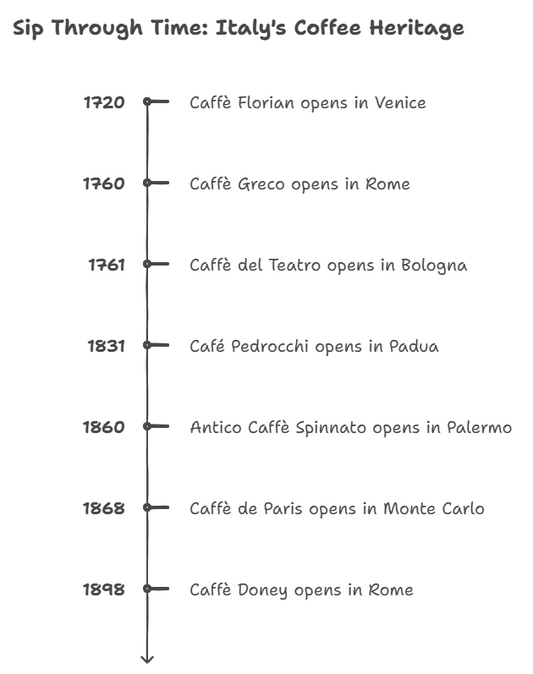Ever wonder why Italian and Spanish languages so similar? Both Italian and Spanish are derived from Latin, used by the Roman empire. Spanish or Vulgate Latin was used long ago and influences Naples, Sicily, Sardinia, and Milan during the occupation and blur the lines between Spanish and Italian languages.

Around the 5th century, the Roman Empire collapsed, and by that time, in some of the Roman territories, dialects of Vulgar Latin started. A large number of these dialects are still in use today. For political reasons, they are a handful for derived languages that are similar in grammar and vocabulary.
We will further to find out the differences between these two languages. Learning Italian can help to learn the Spanish language.
We have to keep a few considerations in mind while determining the similarities and differences between these two languages. Spanish is an easy language to write.
What are the differences between Italian and Spanish?
The Italian, Spanish, and French are the three of the five official languages of the European Union. Spanish and Italian languages can be similar interchangeably in pronunciation, syntax, grammar, vocabulary, and spelling. At some point in time, you may feel that these languages are reciprocally logical.
Spanish is authoritative and phonetic. Spanish is ahead of the English language because people speaking Spanish globally are far more than English speaking. This language is useful in the commercial and business environment because lots of transactions are made every day between the Spanish companies around the world.
On the other hand, Italian is musical and romantic. Italians have a unique way of pronunciation, and their intonation is long and high in the middle of words and become calm towards the end. Most linguists recommend learning Italian and French first so that you can learn Spanish easily. If you are already well-conversant in Spanish, then you can easily learn Italian and French.
Similarities and Differences between Italian and Spanish in Various Aspects
Now, let’s make a comparison between these two languages by looking at various aspects.
- Italian has seven vowel sounds while Spanish has five. However, the pronunciation of vowels a, i, and u are very similar. For vowels, e and o, in Spanish, there is only one version for each while Italian has an open and closed version of both these vowels.
- In both the languages, letter “h” is silent.
- In Spanish, sc is pronounced as ch as in English.
- In the Spanish language, “s” is always voiceless; however, in Italian, it can be either voiceless or voice depending on the settings.
- Accents are customary in Italian and sharp in Spanish.
- Many Italian words end in a vowel, but it’s not the case with Spanish words.
- Another difference is the syllable “ie,” and it becomes only in “e” in Italian. For example, a concierto in Spanish becomes a concerto in Italian.
So, after reading all the similarities and differences, we can say that on average, there is an 80% etymological resemblance between the Italian and Spanish languages.
Is Spanish More Similar to Italian?
Yes, Spanish is more similar to Italian than French. Both these languages are similar because of the mutual clarity between them. Moreover, Spanish has the most number of producers in the world of entertainment, with almost 527 million speakers across the globe. Over the years, it has been seen that Italian entertainers continue to cross over the Spanish entertainers. So, yes, we can say that Spanish is more similar to Italian than any other language.
Similarities between Italian and Spanish
People who want to speak both these languages there is excellent news for them. Both Italian and Spanish languages are easy to grasp.
Conclusion
Yes, both these languages have the same root and branch off from the same family tree, but still, these languages are different enough and not the mutually intelligible. If you only speak Italian, you wouldn’t completely understand Spanish. However, you can pick some similar sounding words here and there. These languages have many similarities and differences, but if you know one language, you can easily learn the other in no time. Spanish is spoken by almost 470 million people and Italian by 60 million. So, if you know both these languages, you can communicate with over 500 million people with ease.
In this article, we have tried to answer, why are the Italian and Spanish languages are so similar? You can learn any language if you are interested in learning, and you will be using it in the future. Both these languages are very similar in vocabulary, pronunciation, grammar, syntax, and spelling. So, if you know any of these languages, you can learn another language within days or weeks. Almost 500 million people speak Spanish, so if you know Italian, you can start learning Spanish to communicate with 500 million people from all around the globe.




